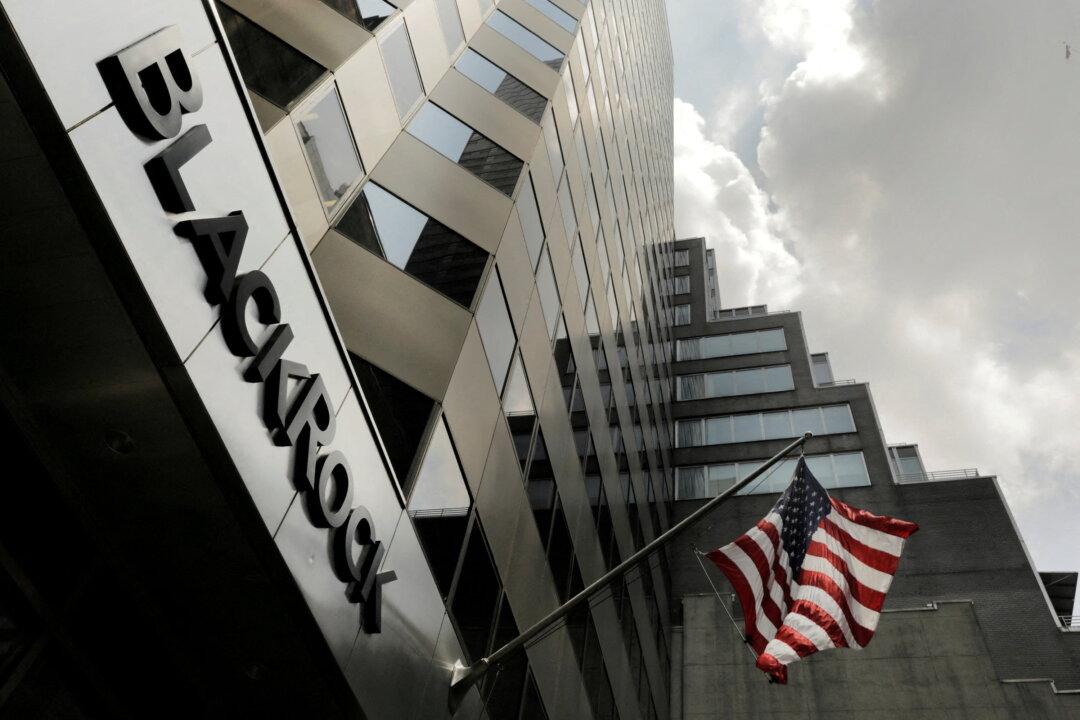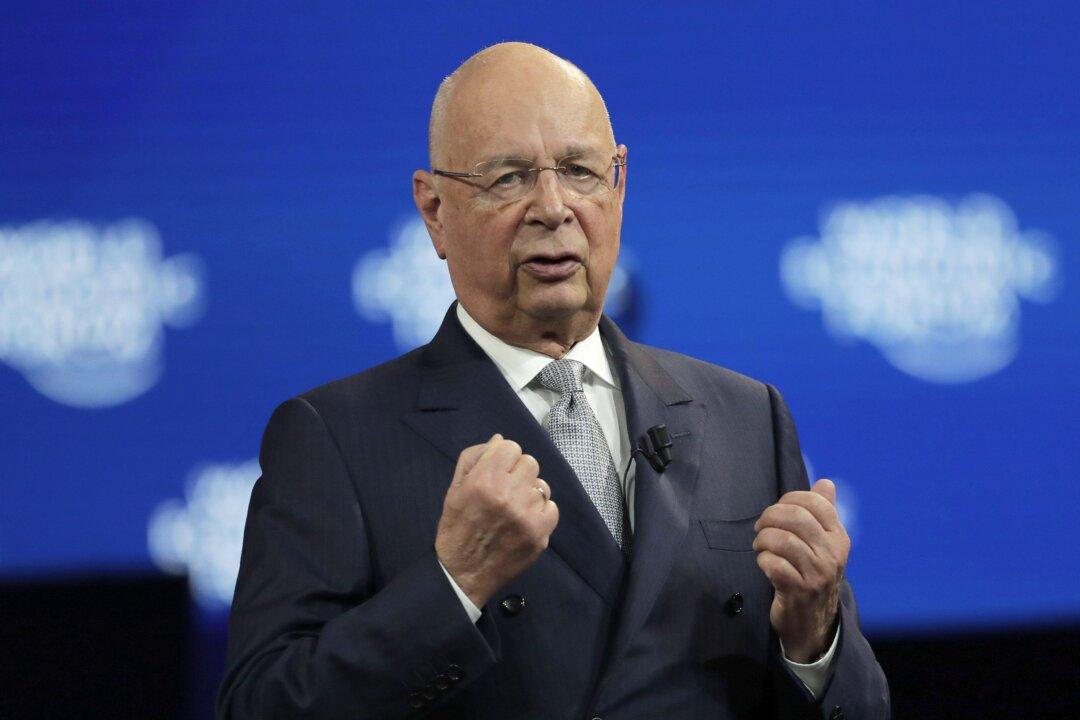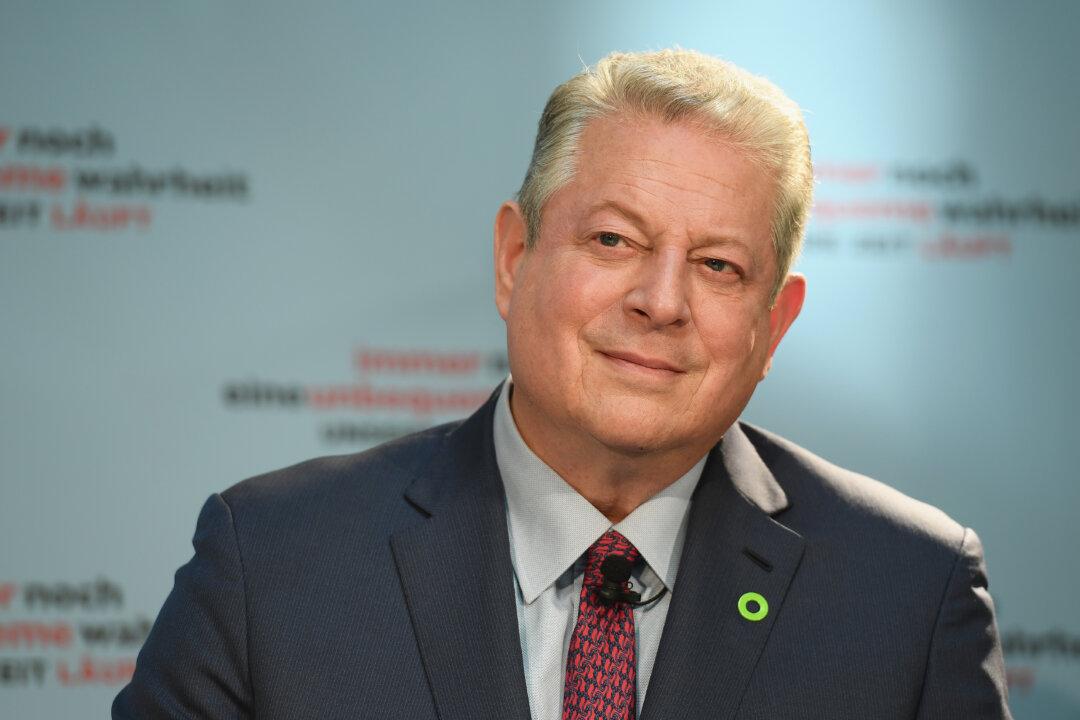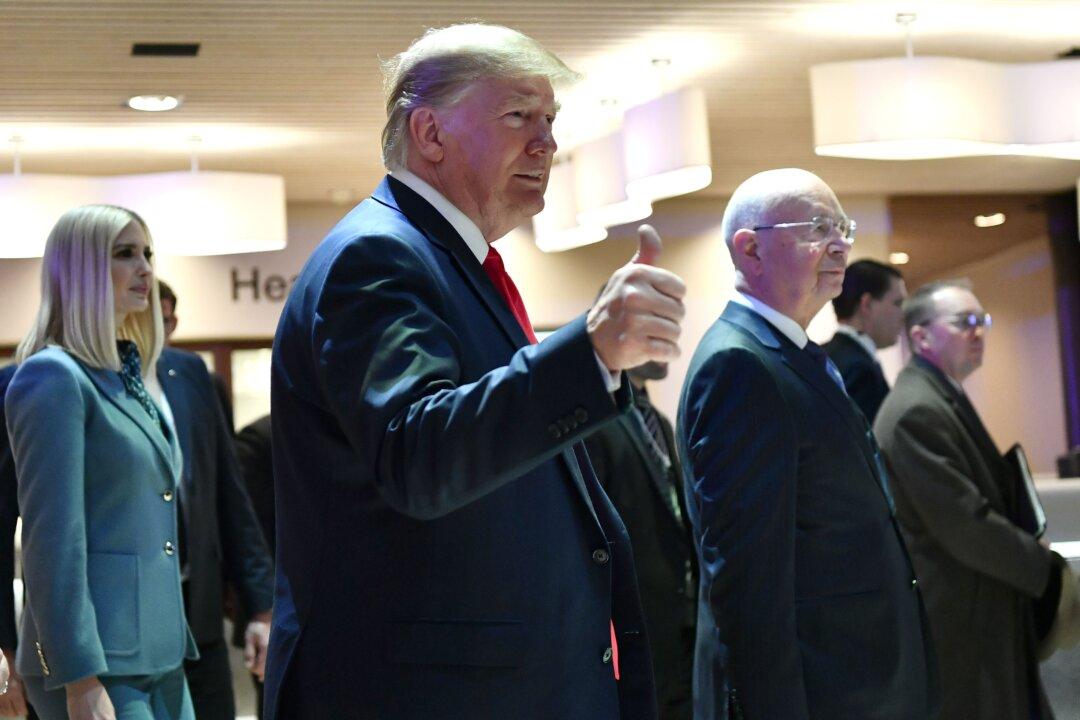Commentary
With more than $10 trillion in assets under management, BlackRock is the wealthiest and most powerful investment management firm on Wall Street. Yet newly discovered information reveals that BlackRock’s influence may extend well beyond the financial sphere, all the way to the White House.






